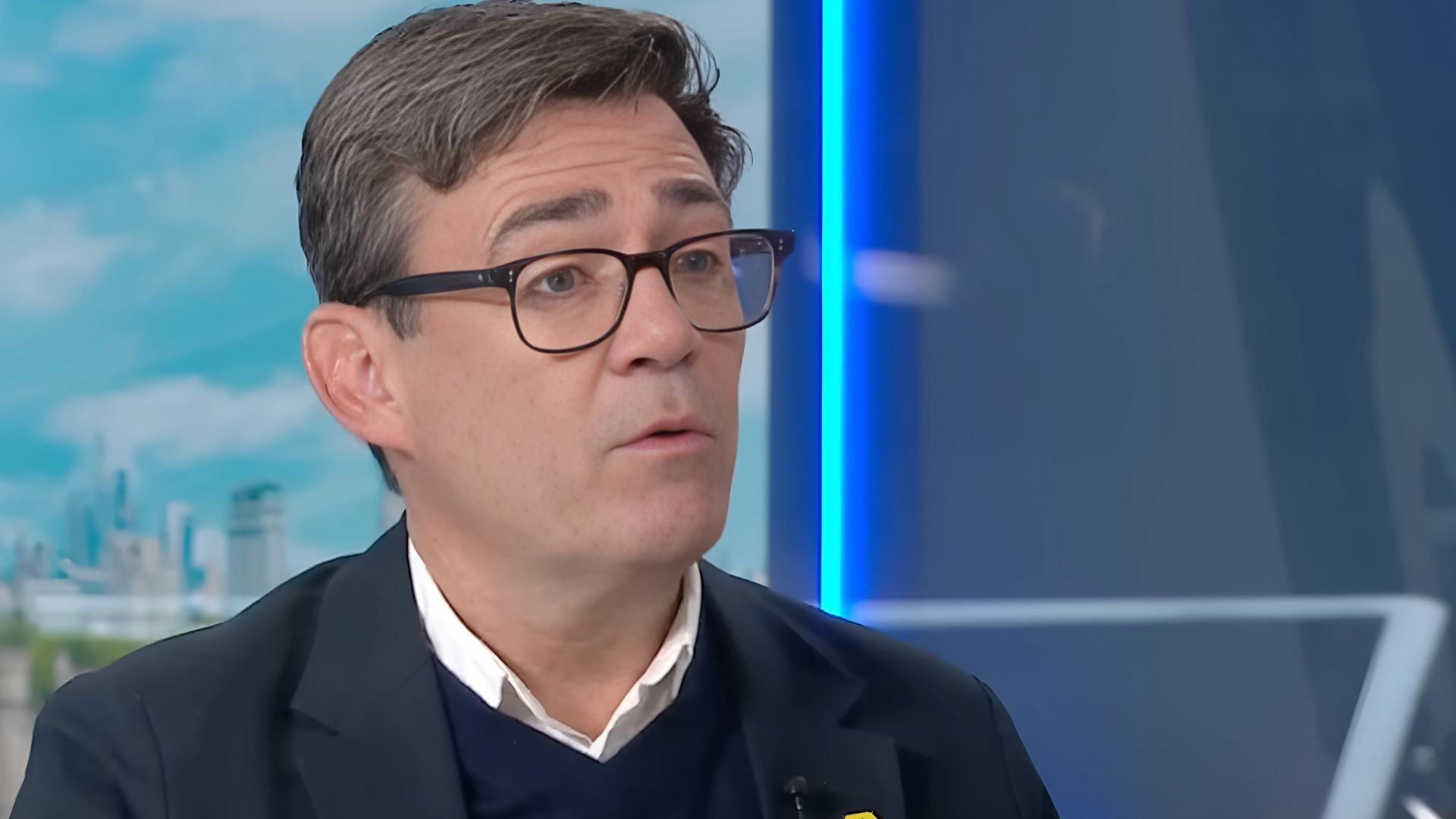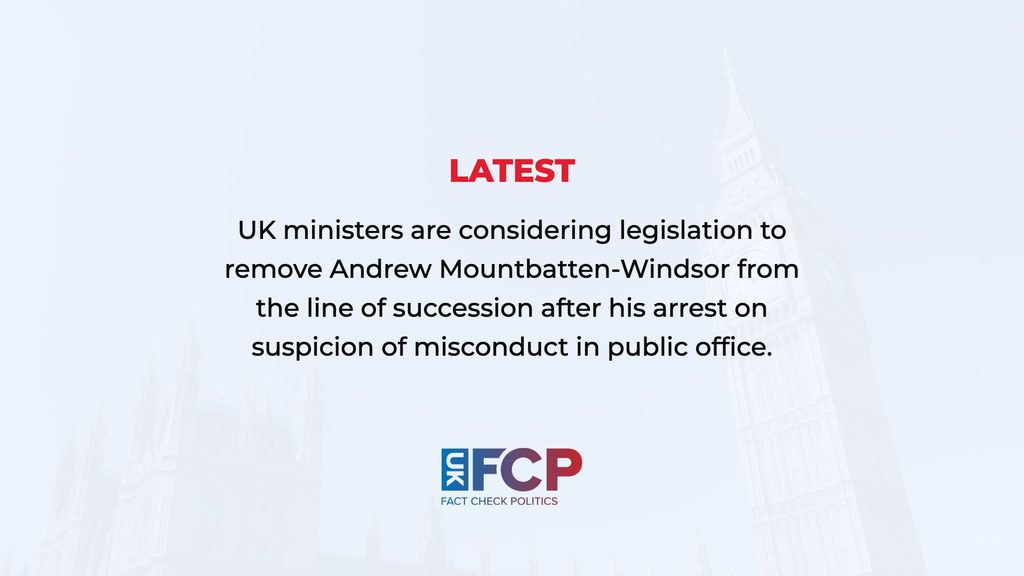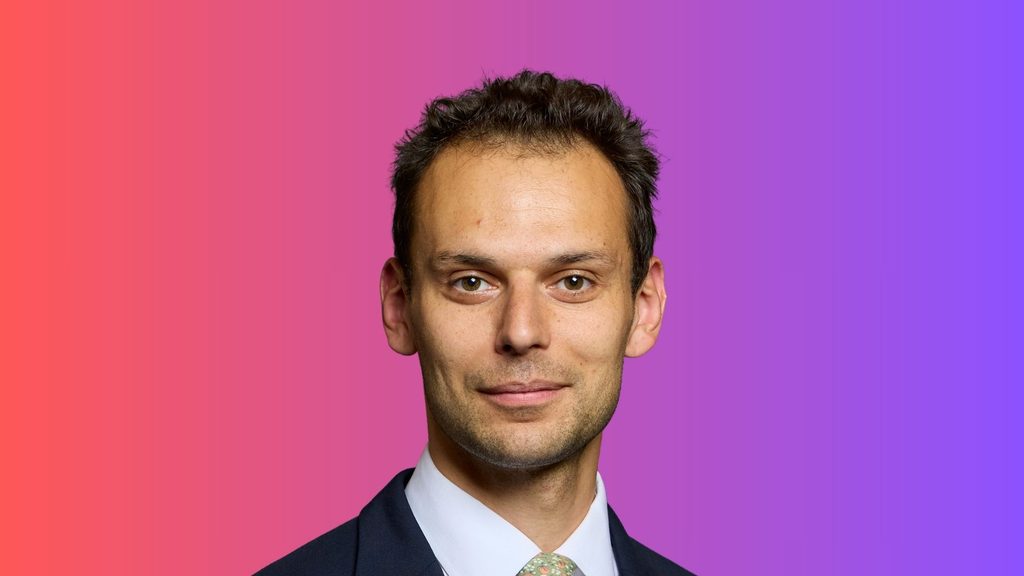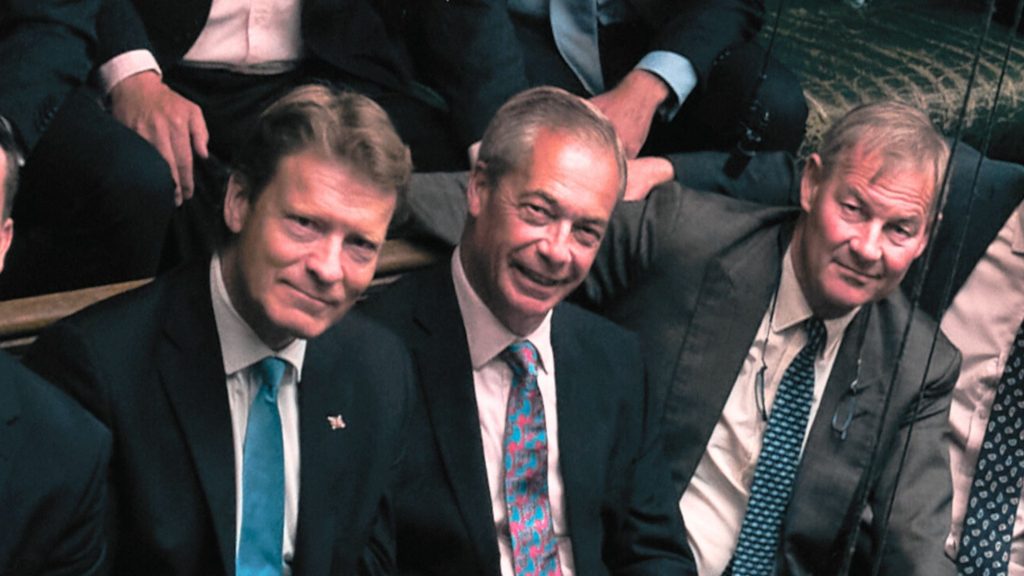As Labour prepares to gather for its annual conference this weekend, Andy Burnham, the mayor of Greater Manchester, has stepped squarely into the national debate with a warning that Britain needs “wholesale change” — and that Labour risks handing Nigel Farage the keys to Downing Street without it.
It is the clearest sign yet that Burnham, once twice defeated in Labour leadership contests, has not abandoned his ambitions. Supporters increasingly speak of his return to Westminster as the only route to a credible alternative to Keir Starmer, whose premiership is under mounting strain amid dismal polling and party unrest.
In interviews with The New Statesman and The Telegraph, Burnham pressed a case for bold economic and social reform. His proposals, higher council tax on the wealthiest London and South East homes, £40 billion in borrowing to build council housing, income tax cuts for low earners, and a 50p rate for the highest paid, amounted to a vision that both sharpened and contrasted with Starmer’s cautious pragmatism.
“I stood twice to be leader of the Labour Party. And I think that tells you, doesn’t it?” he remarked, in words that left little doubt about his enduring ambition.
His timing could hardly be more pointed. Labour MPs are openly questioning whether Starmer can weather another poor set of local and regional election results next spring.
Burnham’s call for renewal has resonated with some of Labour’s most restless factions. Lucy Powell, his close ally and the newly favoured candidate for deputy leader after being sacked in Starmer’s reshuffle, has emerged as a rallying point for anti-leadership sentiment. Former shadow chancellor John McDonnell, currently suspended from the parliamentary party, has signalled a willingness to work alongside Burnham to end the two-child benefit cap.
Support also comes from those previously disciplined for rebelling against welfare cuts. Rachael Maskell, MP for York Central, suspended from the party in July, praised Burnham’s “creative style of leadership” and argued that his track record in Manchester demonstrated the capacity to drive economic growth while embracing diversity. “I think he would make an outstanding leader for our country,” she told The Independent.
Yet scepticism remains. Jo White, MP for Bassetlaw and chair of the Red Wall Caucus, cautioned against the notion that a mere change of leader could stem the tide of Reform. “Anyone who thinks there is a simple solution that just changing the leader to take on the rise of Reform is dangerously deluded,” she warned.
The debate over the two-child benefit cap, long a dividing line within Labour, has become the crucible of this rebellion. Burnham’s insistence that Labour must commit to a fundamental shift, not just reshuffling personnel but changing “the whole culture” of the party strikes a chord with MPs such as Ian Byrne, who has pledged to face suspension again if the cap remains.
The undercurrent is as much about identity as policy. Critics argue that Starmer has failed to articulate a vision that resonates beyond Westminster. Richard Quigley, MP for Isle of Wight West, put it bluntly: “We are in danger of just tinkering around the edges, like a new management team. We need a vision to unite around, and in that Andy is right.”
Burnham’s framing wholesale change over managerial continuity offers precisely that sense of urgency. He has championed structural reforms, from altering the Bank of England’s remit to proposing a new department dedicated to tackling inflation and the cost-of-living crisis. It is a language that cuts through in communities where Labour’s message has too often sounded cautious or muted.
Despite his rising profile, one obstacle looms: Burnham is not in Parliament, and with no by-elections currently scheduled, his route back to the Commons remains unclear. Without a seat, speculation over leadership can only stretch so far.
Still, his looming presence is undeniable. At this weekend’s Labour conference he will share a platform with Clive Lewis, Nadia Whittome, and Rachael Maskell on a panel titled Winning a Decade of National Renewal. It is, by design, a stage set for Burnham to present himself as the custodian of a more radical, more authentic Labour, one willing to confront Reform’s populism with an alternative rooted in redistribution, investment, and vision.
For now, Starmer retains the leadership. But as Labour prepares for another bruising internal showdown, Burnham’s intervention marks a turning point. It is a reminder that within Labour’s ranks, patience is fraying, and the search for a leader who can both challenge Farage and inspire the country may soon return to the fore.
Whether Burnham can seize that moment depends less on his appetite, which remains undimmed, and more on whether the party is ready to gamble on wholesale change.







Comments
No comments yet. Be the first to comment!